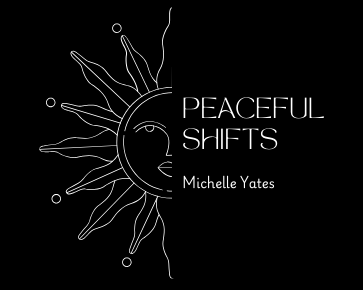
In today’s fast-paced and often overwhelming world, many people are seeking deeper meaning and fulfillment beyond material success. Enter the spiritual life coach—a guide who combines holistic practices, intuitive insights, and transformative techniques to help you navigate life’s challenges and embrace your higher purpose.
What Does a Spiritual Life Coach Do?
Unlike traditional coaches who focus solely on goals like career advancement or fitness, spiritual life coaches delve into the soul’s journey. They work with clients to:
- Explore beliefs and values to align life decisions with personal truths.
- Develop mindfulness practices to strengthen emotional resilience.
- Integrate metaphysical tools like energy healing, meditation, or visualization.
- Address spiritual blocks and foster growth in areas such as self-love or clarity of purpose.
When selecting a spiritual life coach, it’s important to find someone whose expertise and approach resonate with your values and goals. Here are some qualifications to consider:
- Training and Certification: Professional credentials demonstrate a coach’s dedication to mastering their craft. For example, I am a Certified Spiritual Life Coach through the Transformation Academy, CPD accredited. Additionally, I am a Certified Hypnotherapist through the Academy of Applied Psychology. These certifications reflect my commitment to providing a comprehensive and informed approach to coaching.
- Experience and Expertise: A strong coaching background offers valuable insights. I draw upon both my certifications and my real-world experience to guide clients in profound, meaningful ways.
- Intuitive Abilities: Some spiritual life coaches, like me, are psychic intuitives. This gift allows me to form a deeper, more personal insight into a person’s situation, helping to identify and address unseen blocks and opportunities with precision and empathy.
- Alignment with Your Beliefs: It’s essential to find a coach whose philosophy and practices resonate with your own. Whether you’re interested in metaphysical tools like hypnotherapy, meditation, or energy work, or you value intuitive guidance, ensure the coach’s methods align with your goals.
- Client Testimonials: Hearing about others’ experiences can help you gauge the coach’s approach and effectiveness. Positive feedback from previous clients provides reassurance and helps you decide if the coach is the right fit.
- Approachability and Chemistry: Trust your instincts. The bond you share with your coach will set the foundation for your progress, so look for someone who makes you feel heard, respected, and supported.
- A Commitment to Growth: A dedicated spiritual coach continues to learn and expand their knowledge base. This ensures they bring fresh perspectives and techniques to support their clients’ journeys.
By choosing a spiritual life coach with the right mix of qualifications, experience, and intuition, you can unlock profound transformation and align with your highest self. If these qualities resonate with you, I would be honored to be part of your journey.
Michelle Yates 4/10/2025


